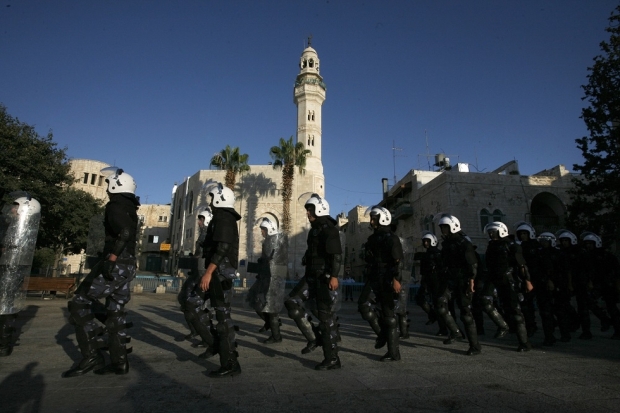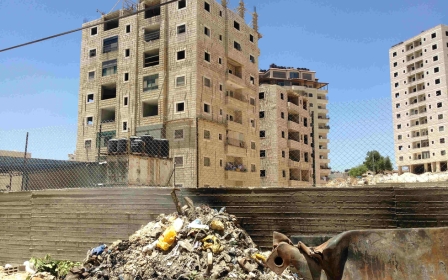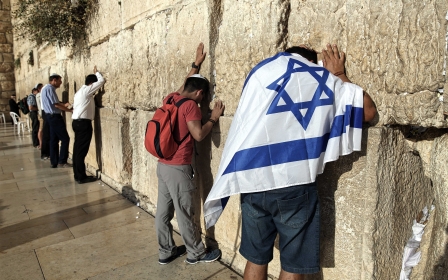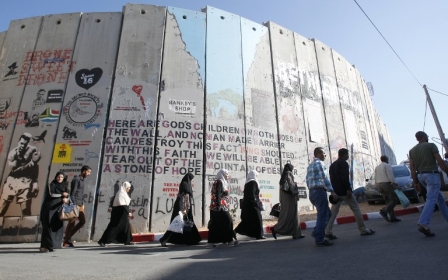Thoughtcrime in Palestine: Where opinions land you in jail
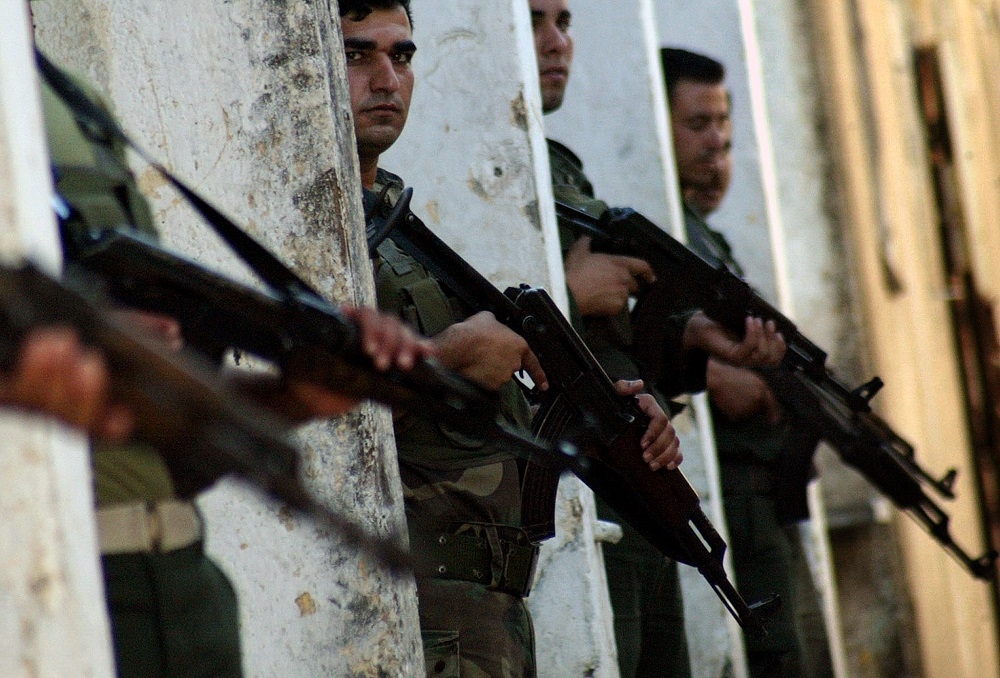
RAMALLAH, Palestine - Taher al-Shamali went online at 2am of 7 June and posted: "I have decided to delete Facebook. Stay well all."
Shortly afterwards, the Palestinian journalist was arrested by the Palestinian Preventative Security Forces at his home in Kafr Aqab, near Ramallah. His crime, say his lawyers and rights groups, was criticism of the Palestinian Authority.
And his arrest was no exception. Nasser Jaradat, a youth activist and student, was arrested on the same day at his family's home in Ramallah.
Both men had used Facebook to criticise Jibril Rajoub, a member of the Central Committee of Fatah, the Palestinian Authority's (PA) ruling party.
Their comments came after Rajoub said in an interview that Jerusalem's Western Wall, holy to both Muslims and Jews, should remain under Jewish sovereignty after any peace agreement.
Shamali appears to have deleted his Facebook comments, but Jaradat's post is still visible. In it, he is scathing of Rajoub, accusing him of betraying Palestinian interests, and says, "the next stage is a popular revolution of those that are not satisfied with being part of your web".
Both men are facing charges of "stirring sectarian hatred", according to their lawyer, Mohannad Karajah, who says the charges are unjustified.
"It's against their right to freedom of expression, and against the freedom of the press," he told Middle East Eye. "These are political charges. We have the right to freedom of expression in the constitution, and you should be able to publish what you want."
"They're trying to take away our freedom of expression," he said. "The Preventative Security are arresting many from the youth and want to prevent us from expressing criticism."
A request for comment to the PA was not returned.
The arrests throw into sharp relief the authority's domestic rights record and unpopularity at a time when the Palestinian government is manoeuvring itself to take advantage of US President Donald Trump's desire for a peace deal between them and the Israelis.
The Preventative Security are arresting many from the youth and want to prevent us from expressing criticism.
- Atef Jaradat, father of man arrested for Facebook post
The term of the Palestinian president, Mahmoud Abbas, was supposed to end in 2009, but the split between Fatah in the West Bank and Hamas in Gaza has meant that no national elections have been held since 2005.
A March survey by the Palestinian Centre for Policy and Survey Research, showed 64 percent support for his resignation.
As the president has grown increasingly unpopular, Palestinian security forces have clamped down on those they view as political opponents, particularly those associated with Hamas or Mohammed Dahlan, an exiled Fatah politician who is often reported to be attempting to position himself as a successor to Abbas.
The PA on Thursday banned 11 websites that were said to be close to Hamas and Dahlan.
The Independent Commission for Human Rights, a Palestinian body that monitors the authority, said it had documented 15 encroachments on the freedoms of opinion and expression, the press and peaceful assembly in the West Bank in the first three months of this year, the last period for which figures were available.
Complaints of torture
Many Palestinians arrested by the Palestinian security forces have complained of torture.
Ahmed told Middle East Eye that he was arrested in November 2014 after posting criticism of the president and the PA on Facebook. "I was taken to the police station, and then to Beitunia prison. Ten men began beating me with their fists and feet," he said.
"They put me against the wall in shabeh and I had to stay like that for maybe six hours. No moving was allowed at all."
Shabeh entails shackling a prisoners hands and legs to a chair, angled to slant forward so he cannot sit in a stable position, and leaving the prisoner for long periods.
They put me against the wall in shabeh and I had to stay like that for maybe six hours. No moving was allowed at all.
- Ahmed, former prisoner of PA
Denied access to a lawyer for the first three days of his imprisonment, Ahmed was eventually charged with slandering a public official, and sentenced to three months in prison, which was suspended on payment of a fine. He spent 31 days in pre-trial detention.
"I heard about the cases of Jaradat and Shamali," he said. "This is exactly the same thing as what happened to me. It's wrong. The PA shouldn't be arresting people because of their political ideas."
Karajah, the lawyer, said that Jaradat and Shamali had said during prison visits that they had not been mistreated, but that an official from the Palestinian intelligence services had been present in the room during the visits.
A court in Ramallah on Thursday rejected for the third time an application to have Shamali and Jaradat released on bail.
Arrested for an opinion
Omar Shakir, Human Rights Watch's Israel and Palestine director, told Middle East Eye that the organisation had documented torture and mistreatment by the PA since its creation.
"The Palestinian Authority continues to carry out arbitrary arrests on the basis of political criticism, affiliation with Hamas or opposition to the current government," Shakir said.
"Authorities have prosecuted activists, journalists and students, among others, for engaging in peaceful speech under long-standing laws whose penalties include incarceration."
He said that through its actions, the PA had violated its obligations under international treaties, ratified in 2014, respecting free expression and prisoner rights.
Karajah accused the authorities of carrying out an arrest "campaign" recently, saying that he was also currently representing students at Bir Zeit university who were affiliated with Hamas. He said that some of them were being held without charge or trial.
Shakir called on outside states to put pressure on the Palestinian Authority to reform their ways.
"States that fund and train Palestinian security forces, including the United States, should use their influence to ensure that members of Palestinian security forces respect the human rights of the people they are meant to serve."
* Amhed's name was changed to protect his identity
This article is available in French on Middle East Eye French edition.
Middle East Eye propose une couverture et une analyse indépendantes et incomparables du Moyen-Orient, de l’Afrique du Nord et d’autres régions du monde. Pour en savoir plus sur la reprise de ce contenu et les frais qui s’appliquent, veuillez remplir ce formulaire [en anglais]. Pour en savoir plus sur MEE, cliquez ici [en anglais].


